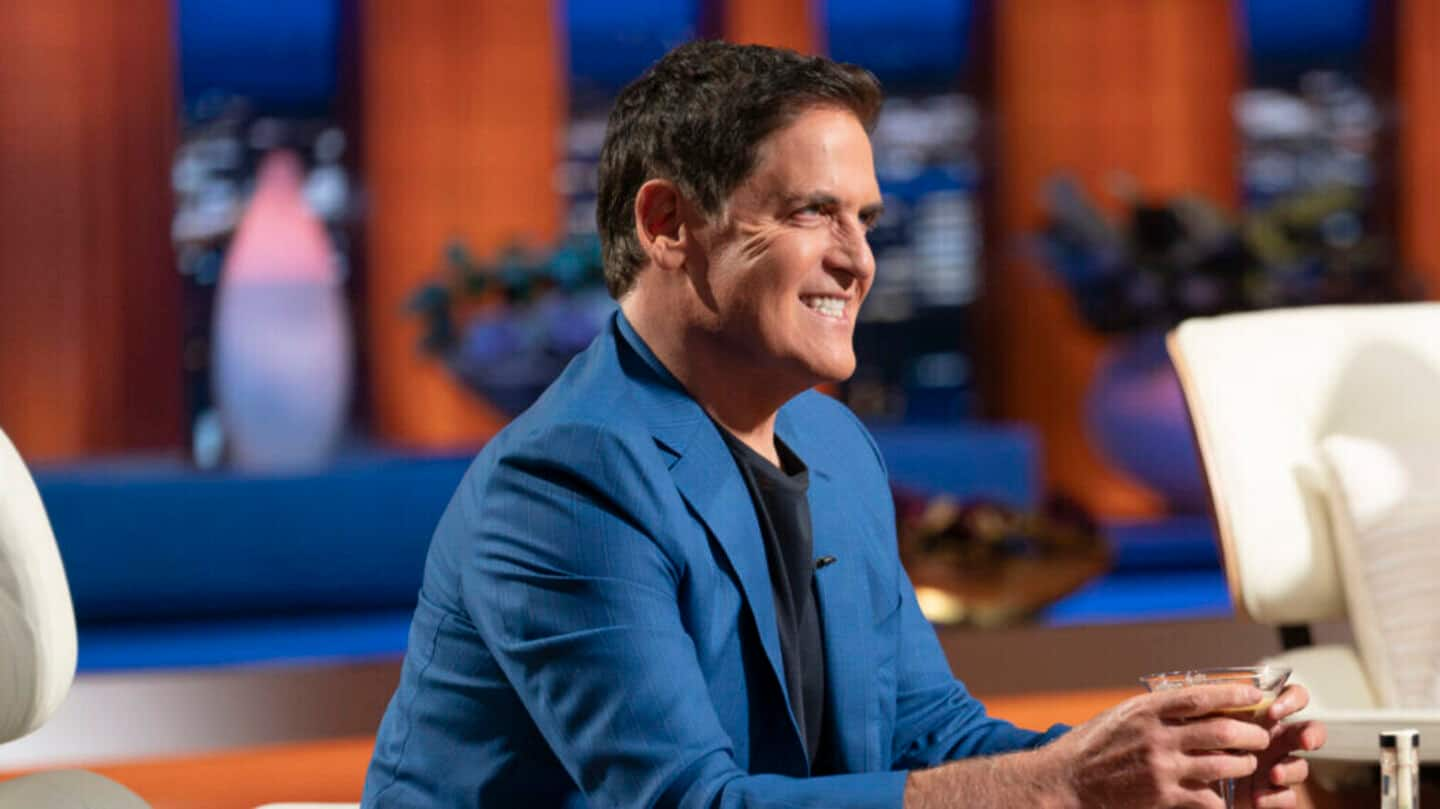
AI could make someone the world's first trillionaire: Mark Cuban
What's the story
Billionaire entrepreneur and investor Mark Cuban has predicted that artificial intelligence (AI) could create the world's first trillionaire. He made the prediction during a recent episode of the High Performance podcast. Cuban said this future personality would be someone who can leverage AI in a way that hasn't been discovered yet.
Wealth generation
'Haven't seen the best of what AI can do'
Cuban believes that the potential of AI to generate wealth is unprecedented. He said, "We haven't seen the best, or the craziest, of what [AI] is going to be able to do." "Not only do I think it'll create a trillionaire, but it could be just one dude in the basement. That's how crazy it could be," added the 66-year-old entrepreneur.
Early uses
Current use of generative AI
Currently, people are using generative AI for tasks like coding, writing, scheduling, and so on. Some even see it as a virtual friend that can help with tough conversations or offer personal reassurance. In the corporate world, Chipotle CEO Scott Boatwright recently revealed that AI tools have cut his company's hiring time by 75%. Cuban calls this only the "preseason" of what AI can do.
Tech evolution
Evolution of AI similar to that of PCs, smartphones
Cuban likened the evolution of AI to that of personal computers and smartphones. He said, "Remember the early days of PCs and people were like, 'I don't need that. What's this internet thing? Why do we need it?'" He believes we'll discover something equivalent for AI in the future, which will be as indispensable as these technologies are today.
Life improvement
Cuban optimistic about AI's potential to improve lives
Cuban is optimistic about AI's potential to improve lives and create wealth. He said, "I'm not saying we're going to get the Terminator. I'm not saying that all of a sudden, there are going to be robots that are smarter than people ... But we'll find ways to make our lives better." He also acknowledged some challenges associated with AI, such as job displacement and misuse for online scams or cyber attacks.
Environmental concerns
Environmental impact of AI
Cuban even highlighted the environmental impact of AI, noting that data centers consume a lot of energy and water. He cited research showing training a model like OpenAI's GPT-3 requires enough electricity to power around 120 US homes for a year. Despite these challenges, he urged people to familiarize themselves with AI technologies like Gemini from Google or ChatGPT.